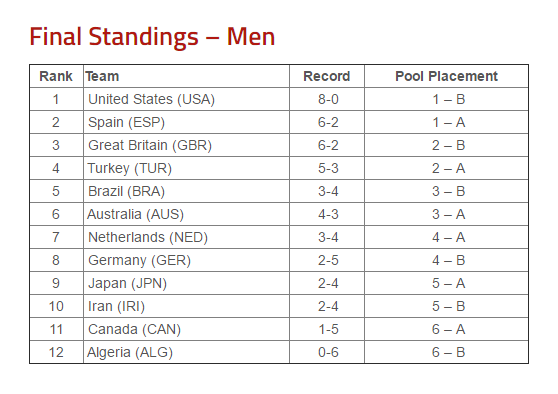The Road Post-Rio
- Dec 9, 2016
- 4 min read
Following the conclusion of the 2016 Paralympic Games, we take a look at the road ahead for the Canadian men’s wheelchair basketball team.
For some athletes, the road home from the Paralympics is paved with gold; for others — frustration. One question, however, remains relevant for all Paralympians: What’s next?
The 2016 Paralympic Games in Rio de Janeiro, Brazil marked the first time that Team Canada’s male wheelchair basketball team failed to reach the podium since 1996. The team, composed of six veterans and six rookies, posted a 1-5 record at the Games, finishing 11th overall.

Regardless of the outcome, the road beyond the Paralympics marks a difficult transition for athletes. For some, it’s the decision to postpone an education, full-time employment or time with family in favour of a four-year long regimented training routine with a singular goal: To stand on the podium at the Paralympics. In other words, 1,460 days of training for just 14 days of competition. In the case of team Canada, this meant uprooting athletes from their homes and having them train together at the Toronto Pan Am Sports Centre.
Judy Goss, sports psychologist and mental performance consultant for the team, believes that it’s important for the returning Paralympians to start actively thinking about what’s next for them. “A lot of our guys have been centralized for a long time,” Goss says. “For our athletes, sometimes going home and taking some time away from the court and away from basketball can be a good thing.”
According to Goss, uncertainty to return is a common occurrence for those who’ve won and for those who haven’t. “Being lost is not a bad thing,” Goss says. “Though you may not realize what you want to do, sometimes knowing what you don’t want to do helps gauge direction.”
Committing to an-other quadrennial — a four-year training cycle leading up to the next Paralympics — is no small task. Head coach Stephen Bialowas agrees.
“Leading up to Rio, we had nine of our 12 starting players centralize here (Toronto), training on a daily basis from September all the way to Rio. Beginning April first, we centralized as much as we could as a team of 12, also with our six substitutes.”
Consequently, that kind of extended interruption can wear on even the most hardened athletes. “Right now, we have a number of our guys playing abroad, and some transitioning to new parts of their lives,” Bialowas says. “A lot of our guys have gone off and are doing their own thing.”
One of these players, 15-year national team veteran and three-time Paralympic medalist, Adam Lancia, is in the midst of a huge transition of his own. “To say I’ve been busy since the Games ended would be an understatement,” Lancia says. Since arriving home at the end of September, he along with his wife and 3-year-old daughter, moved down south as Lancia recently accepted the role as head coach of the University of Alabama women’s wheelchair basketball team.
For Lancia, a career in wheelchair basketball has meant balancing many things over the years, from working full-time in prosthetics and orthotics while training, to spending time with his wife and becoming a father. As for his future with team Canada, we’ll have to see.

Photo courtesy for the Canadian Press
Canada's veteran captain, David Eng, fights for position in a game against Germany.
“Any athlete who’s playing a sport at an international level that they’re not going to be able to retire off of looks back on their career and asks themselves: have I made the right decision?” says Lancia. “At times, it’s been hard to say. I don’t know how much time I’ll be able to dedicate to the sport as a player right now. As for the next Paralympics, I just don’t know. I haven’t really even had time to mindfully reflect on these ones quite yet,” he says. Four years is a long way away, but Lancia is sure of one thing.
“I certainly don’t regret any of my decisions to play as long as I have,” he says. “I’ve had family members ask me when I’m going to stop goofing around playing basketball and get an actual job. Funny thing is, goofing around and playing basketball has landed me one hell of a job,” says Lancia. The rest of the team is in a similar spot.
“Right now, I can’t say whose leaving and who’s coming back for sure, because I honestly don’t know,” Bialowas said. “We have a young core of guys who we’d love to see back, but it’s on them to stick to their transition plan, and ultimately decide what’s best for them,” Goss says.
Members of team Canada reconvened the Toronto Pan Am Sports Centre for their first training camp of the new quad at the end of October, marking the first step in a new cycle towards Tokyo, on the long road to getting back up onto the podium in 2020.


Comments